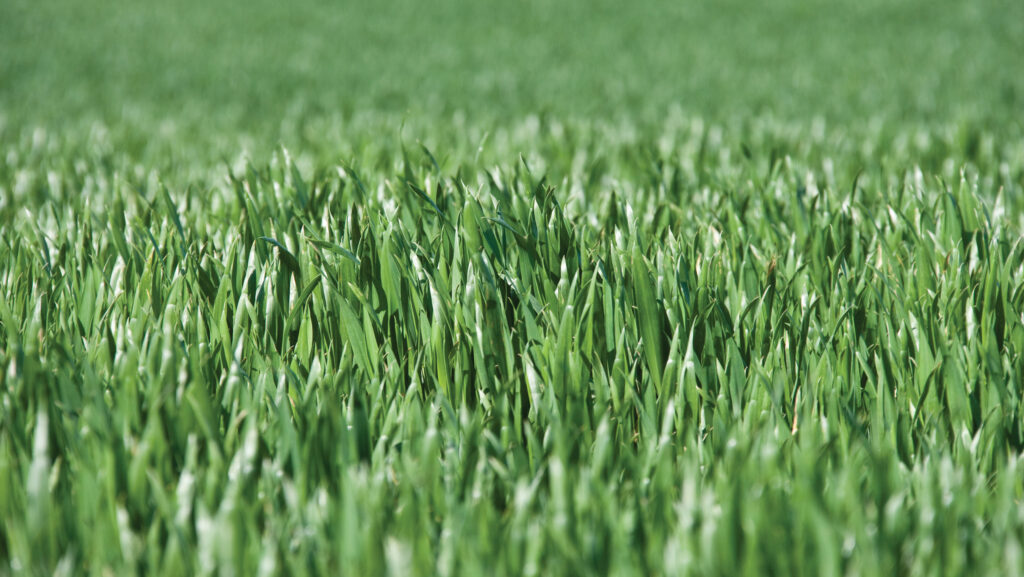Bullish wheat markets approach £200/t amid crop concerns
 © Tim Scrivener
© Tim Scrivener Poor crop conditions across the northern hemisphere are anticipated to curb production volumes, which has helped to lift both global and domestic wheat prices.
UK feed wheat futures for the July contract stood at £198/t on 4 June, while prices for the November contract opened at £217.50/t.
Crop conditions ahead of harvest have been a concern for some time in the UK and across north-western Europe, while worsening conditions in Russia and Ukraine are a more recent phenomenon.
See also: Heavy showers crush farmer’s hopes of late spring plantings
Last week, FranceAgriMer reported that just 61% of French soft wheat crops were in good to excellent condition, compared to 91% the same time last year.
Meanwhile, cuts to Russian crop estimates have been supporting global grain prices, with industry forecasts by analyst firms SovEcon and Ikar reducing its wheat crop to between 82-84m tonnes.
Vitor Cacula-Pistoia, grain and oilseed specialist at Rabobank, said global wheat supplies had suffered millions of tonnes of losses in the Black Sea region due to dryness and frost events after the crops had flowered.
He added: “The 2024-25 season is likely to mark the fifth consecutive season of dwindling global ending stocks of wheat.”
Similarly, cuts have been made to Ukrainian wheat forecasts with analysts at S&P Global estimating Ukraine’s wheat production at 22.5m tonnes and exports at 14.5m tonnes.
In the southern hemisphere, plantings are also variable.
The Buenos Aires Grain Exchange reported that only 9.7% of the planned wheat planting area in Argentina was planted by the end of May, well behind typical levels.
While in Australia, the Australian Department for Agriculture, Abares, has forecast wheat production in the country to increase by 12% to 29.1m tonnes in 2024-25.
EU grain tariffs
The EU Council has announced it will impose increased tariffs on cereals and oilseeds from Russia and Belarus from 1 July.
Valdis Dombrovskis, executive vice president at the EU Commission said: “By imposing increased tariffs, we are taking decisive action to prevent our agricultural sector from being destabilised by Russian imports, while protecting Ukrainian exports from being mislabelled as Russian.
“We will maintain this support for as long as it takes.
“Our commitment to global food security also remains steadfast, ensuring that developing countries are not negatively affected by these measures.”
